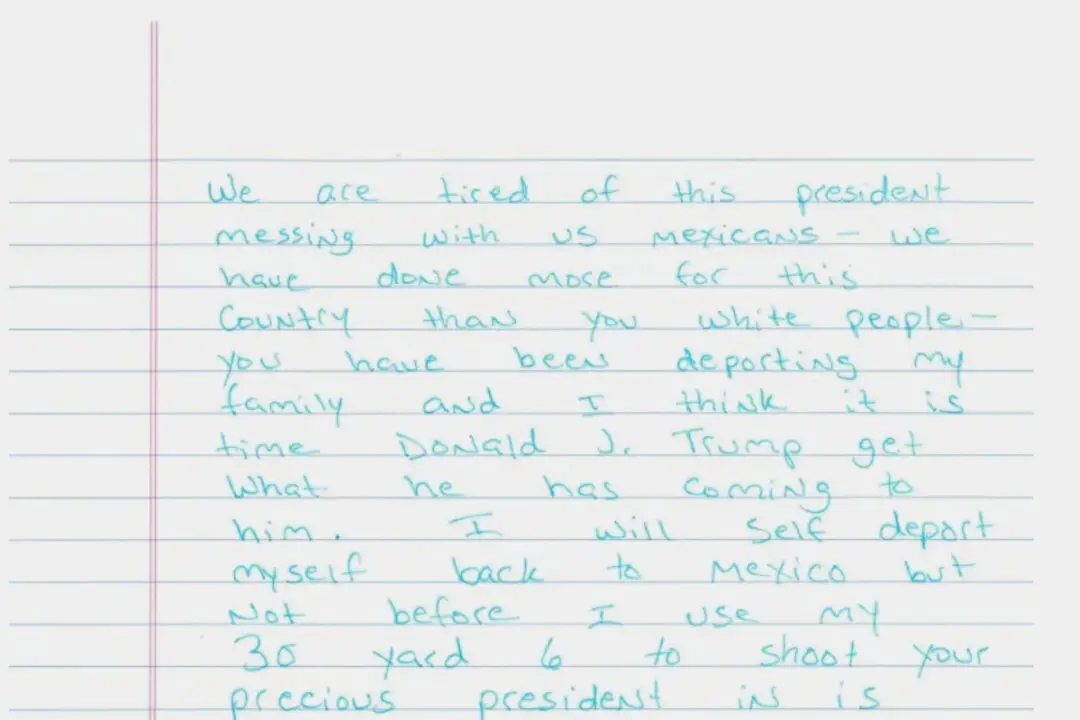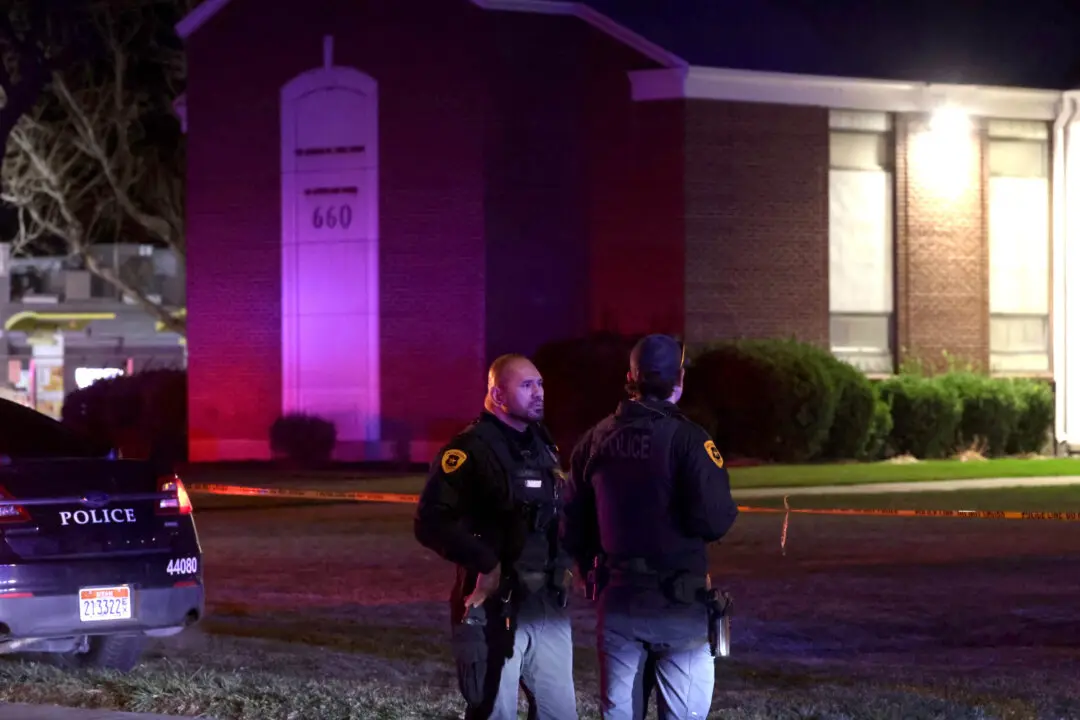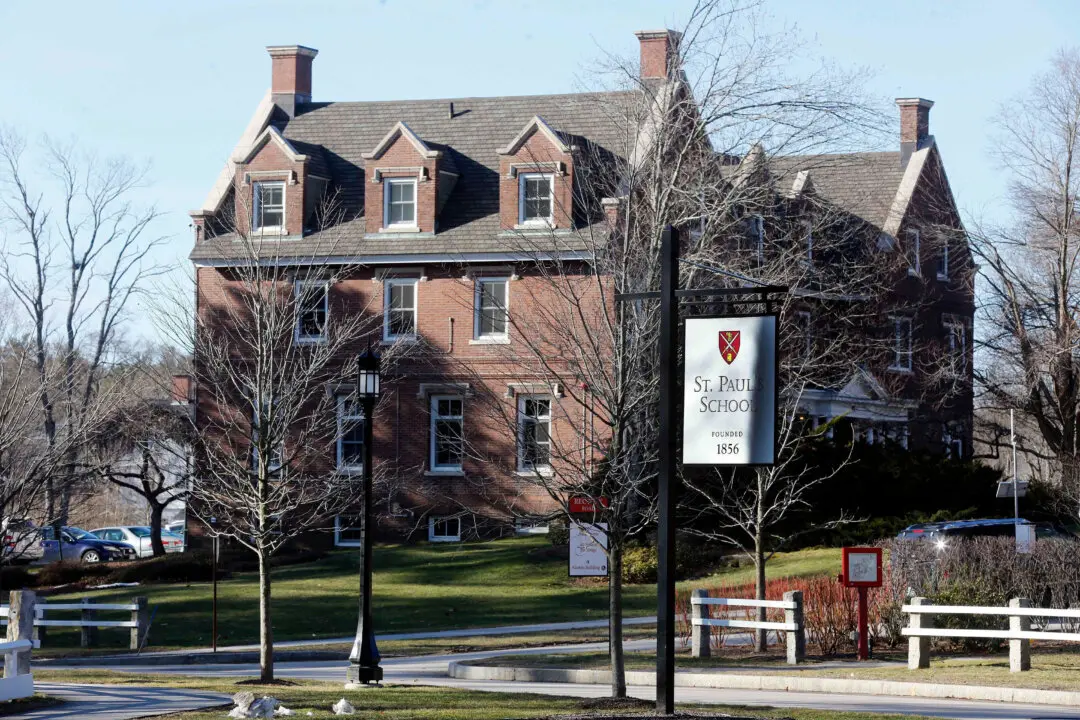LE BOURGET, France—French air accident investigators spent a year analyzing remains and interviewing experts about how and why Germanwings co-pilot Andreas Lubitz intentionally crashed a passenger jet into the French Alps, committing suicide and killing 149 others. Here are some key findings from the investigation agency BEA:
___
Antidepressants
Lubitz had been taking antidepressants around the time of the crash that he hadn’t declared to his employers, despite requirements to do so.
His remains had traces of anti-depressive medications Citalopram and Mirtazapine as well as the sleeping aid medication Zopiclone. The U.S. National Library of Medicine notes on its entry for Citalopram that children and young adults who take the drug can become suicidal “especially at the beginning of your treatment and any time that your dose is increased or decreased.”
U.S., British, Australian and Canadian rules allow pilots to fly while using antidepressants under some circumstances and under medical supervision, the report says. It recommends that European authorities adopt similar measures, to encourage pilots to get treatment for depression — and to tell their airlines when they do so.
___
Doctor’s Silence
A private doctor referred Lubitz, who had suffered from depression in the past, to a psychiatric clinic two weeks before he crashed the plane, warning of a possible “psychotic episode.” Another doctor gave him a sick note covering the day of the crash. He consulted three dozen others in the weeks prior.
That made him unfit to fly on March 24, 2015. But no one reported that information to authorities or his airline. That’s because of strict German medical privacy laws, meant to protect patients’ confidentiality. Doctors risk prison terms if they violate the rules, except in extraordinary situations.
Because those rules protect patients’ privacy even after they die, multiple doctors also refused to speak with crash investigators. The German air accident agency said that means they were unable to determine with any certitude what exactly Lubitz was suffering from.






